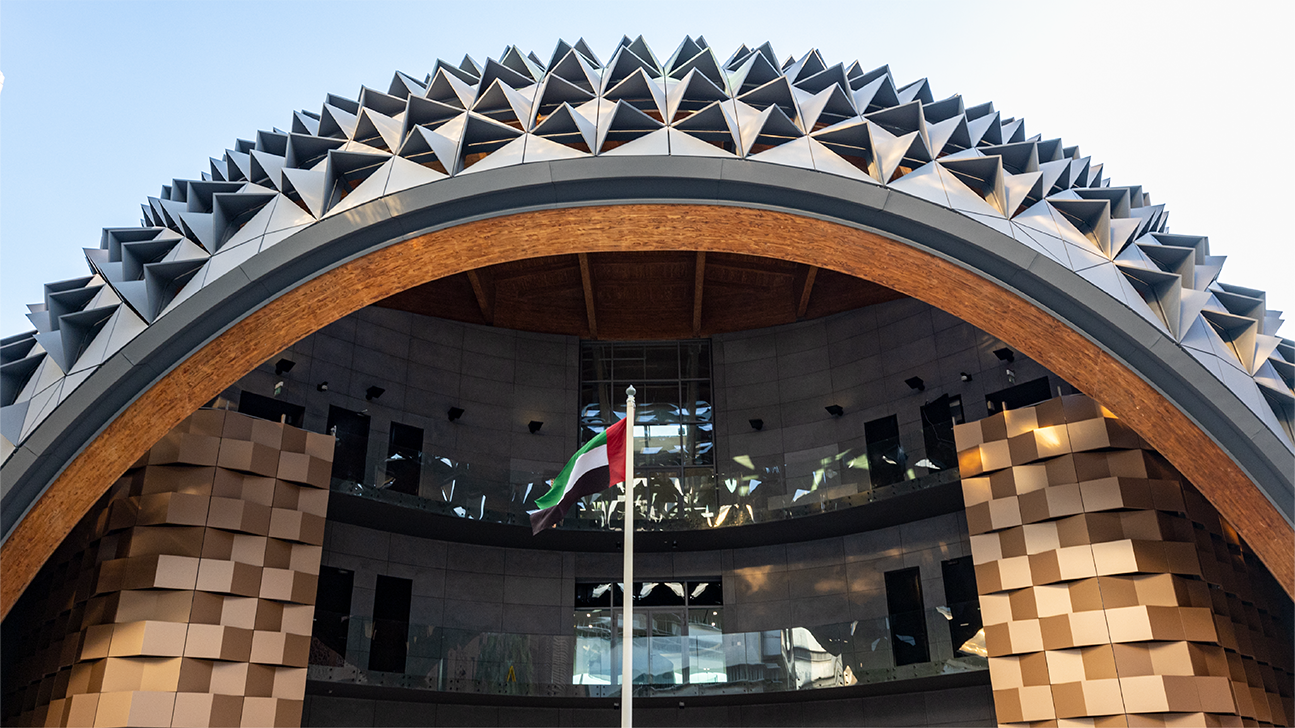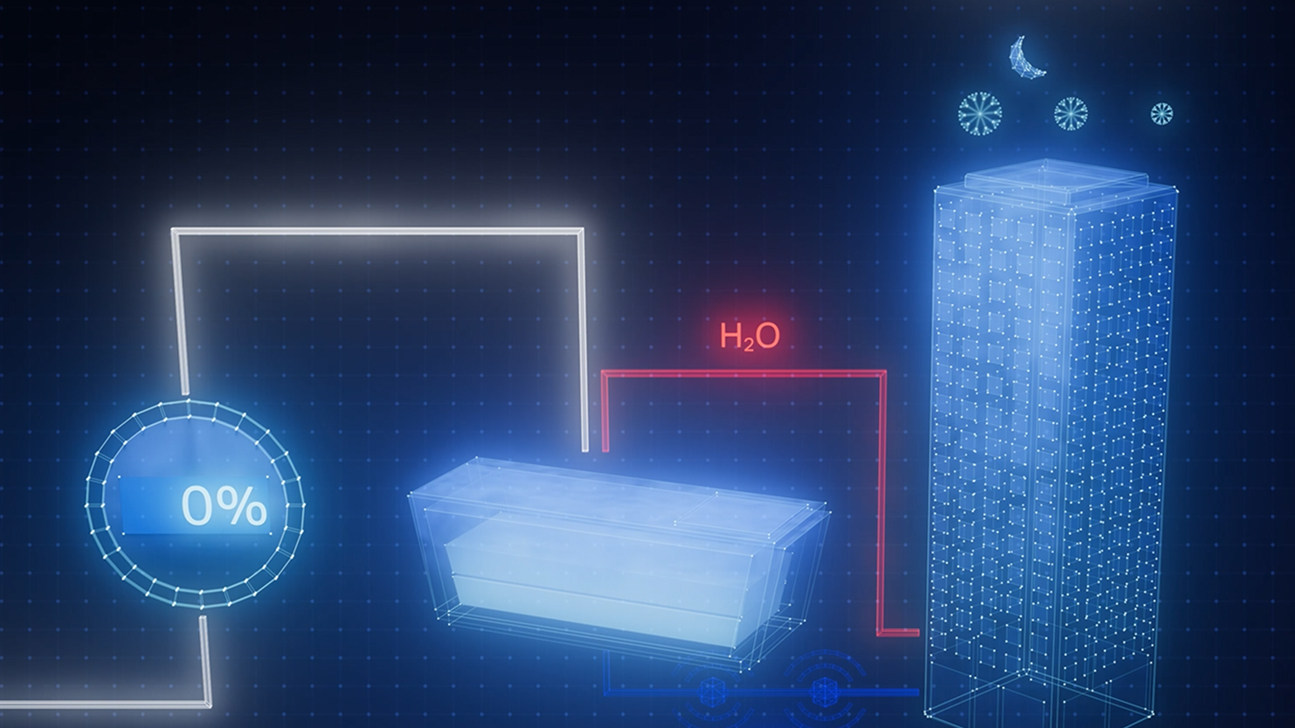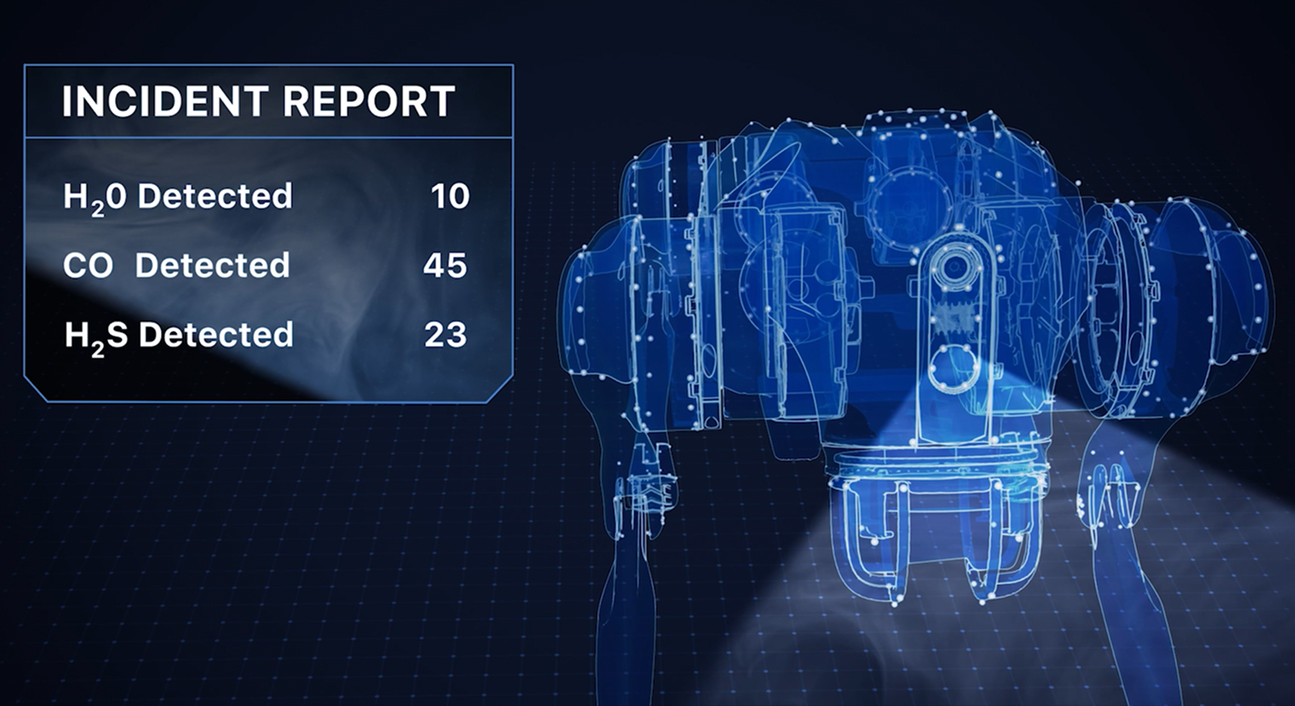34 MBZUAI papers accepted at CVPR
Thursday, March 09, 2023

Building on the success of CVPR 2022, MBZUAI faculty, researchers, postdocs, and students will present 34 papers at the 35th IEEE/CVF Conference on Computer Vision and Pattern Recognition (CVPR 2023) in Vancouver, Canada. At last count, 20 MBZUAI faculty, researchers, postdocs, and students have academic research accepted at CVPR 2023.
Topping the list of MBZUAI publishers at CVPR 2023, MBZUAI Deputy Department Chair of Computer Vision, and Associate Professor of Computer Vision Fahad Khan is co-author on 11 accepted papers. Associate Professor of Computer Vision Salman Khan and Adjunct Associate Professor of Computer Vision Shijian Lu have 10 and 9 papers respectively with their co-authors.
MBZUAI Faculty are also serving the academic community at CVPR. Visiting Associate Professor of Computer Vision Xiaodan Liang is serving as an ombud for 2023, and Fahad Khan and Salman Khan are serving as area chairs.
On diffusion and foundational models
MBZUAI researchers have a number of papers accepted in the area of diffusion models including Professors Fahad Khan and Salman Khan and five co-authors, who collaborated on a paper titled: Person Image Synthesis via Denoising Diffusion Model. In the paper, Khan et al. propose a novel way to break the complex problem of rendering high-quality images of people into a series of simpler, intermediate steps. The results they’ve generated are unique images, generated from pose and style information, that show superior results against industry benchmarks, as well as utility under suboptimal circumstances.
The work has broad implications for the generation of novel still images using limited or low-quality source images, as well as in the online retail space, gaming, image restoration, and more.
Khan et al. also have a number of papers accepted in the area of foundational models including a collaboration involving MBZUAI, HKUST, the Australian National University, Linkoping University, and Carnegie Mellon University titled: PromptCAL: Contrastive Affinity Learning via Auxiliary Prompts for Generalized Novel Category Discovery.
The research team propose a superior method for unsupervised learning on data which is both unlabeled, and which belongs to a class of object that does not already exist in the current model — a crucial skill for truly unsupervised learning in diverse, real-world scenarios. Their solution, named PromptCAL, has proven to be more effective in discovering novel classes than the current, state-of-the-art learning models on both generic and fine-grained benchmarks.
The team’s work promises to greatly extend the capability of machine learning systems to respond to the dynamic nature of real-world tasks such as autonomous driving, robotics, healthcare, and security.
To follow our scientists and stay up-to-date with the latest research from MBZUAI follow us on LinkedIn, Twitter, and Instagram.
CVPR is organized by the Computer Vision Foundation (CVF) and the Institute of Electrical and Electronics Engineers (IEEE). Conference proceedings will be publicly available via the CVF website, with final versions posted to IEEE Xplore after the conference.
Related
Intelligent, sovereign, explainable energy decisions: powered by open-source AI reasoning
As energy pressures mount, MBZUAI’s K2 Think platform offers a potential breakthrough in decision-making clarity.
- case study ,
- ADIPEC ,
- K2 Think ,
- IFM ,
- reasoning ,
- llm ,
- energy ,
- innovation ,
- research ,
Cooling more people with fewer emissions: intelligent, efficient cooling with AI and ice batteries
MBZUAI's Martin Takáč is leading research to develop an AI-driven energy management system that optimizes the use.....
- energy ,
- cooling ,
- solar ,
- ADIPEC ,
- sustainability ,
- innovation ,
- research ,
Faster, safer and smarter inspection: AI-powered robotics for industrial safety
MBZUAI's autonomous robotic system, LAIKA, is designed to enter and analyze complex industrial environments – reducing the.....
- research ,
- autonomous ,
- case study ,
- innovation ,
- infrastructure ,
- energy ,
- industry ,
- robotics ,


